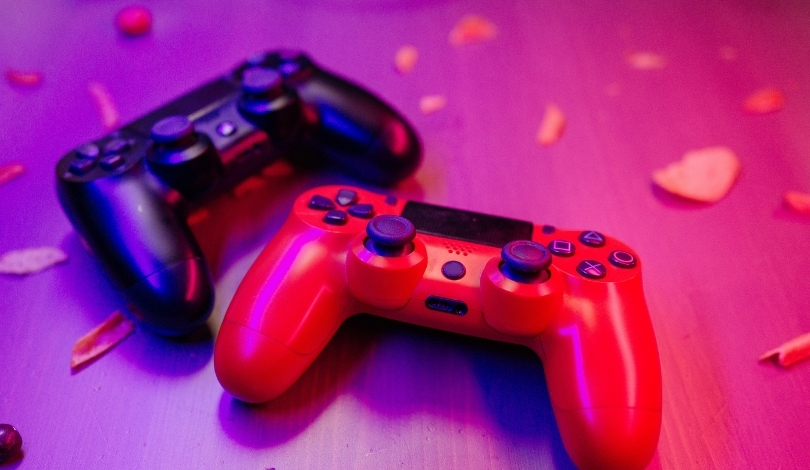Karl Jobst, a prominent Australian gaming YouTuber, has been mandated by court to compensate Billy Mitchell with over AU$380,000 due to defamatory remarks made in a 2021 video. Jobst, known for his speedrunning and competitive gaming content, faced legal repercussions after his assertions about Mitchell’s personal and professional conduct were proven false. This ruling underscores the serious implications of spreading unverified information within the gaming community.
The legal battle between Mitchell and content creators has been ongoing, with the current case marking a significant development. Previously, Mitchell’s achievements, particularly his Donkey Kong scores, were disputed, leading to his temporary removal from the Twin Galaxies and Guinness World Records. These controversies have been a focal point in debates about legitimacy and integrity in competitive gaming records.
What Led to the Defamation Lawsuit?
Jobst’s video insinuated that Mitchell had a financial settlement with the late YouTuber Benjamin Smith, also known as Apollo Legend, which supposedly led to Smith’s suicide. Additionally, Jobst claimed Mitchell expressed joy over Smith’s death. These allegations were unfounded, as clarified by the judge, who stated that no money was exchanged in the settlement between Mitchell and Smith.
What Impact Did the Video Have?
The defamatory video garnered over 500,000 downloads, with approximately 20,000 views from Australia alone. It generated numerous comments accusing Mitchell of serious misconduct, including murder, thereby tarnishing his reputation significantly.
How Did Jobst Respond to the Ruling?
“I lost. The judge found Billy to be a credible witness and believed his entire testimony. From that point on unfortunately there was really nothing that could have saved me.”
Jobst expressed his intention to explore further legal options and acknowledged the support from his followers, despite the unfavorable outcome.
In light of similar past defamation cases within the gaming industry, this ruling sets a precedent for accountability among content creators. It emphasizes the necessity for evidence-based statements and the potential legal consequences of defamatory content. The decision highlights the judiciary’s role in maintaining integrity and protecting individuals from false accusations in the digital age.
Mitchell is now poised to rebuild his standing within the gaming community, potentially restoring trust among his peers and fans. It also serves as a cautionary tale for other influencers about the importance of responsible content creation and the legal ramifications of spreading misinformation.
Legal experts suggest that creators should implement thorough fact-checking processes to avoid similar lawsuits. Understanding the boundaries of free speech and the impact of online statements is crucial for maintaining both legal compliance and personal credibility in the competitive sphere of gaming content.










